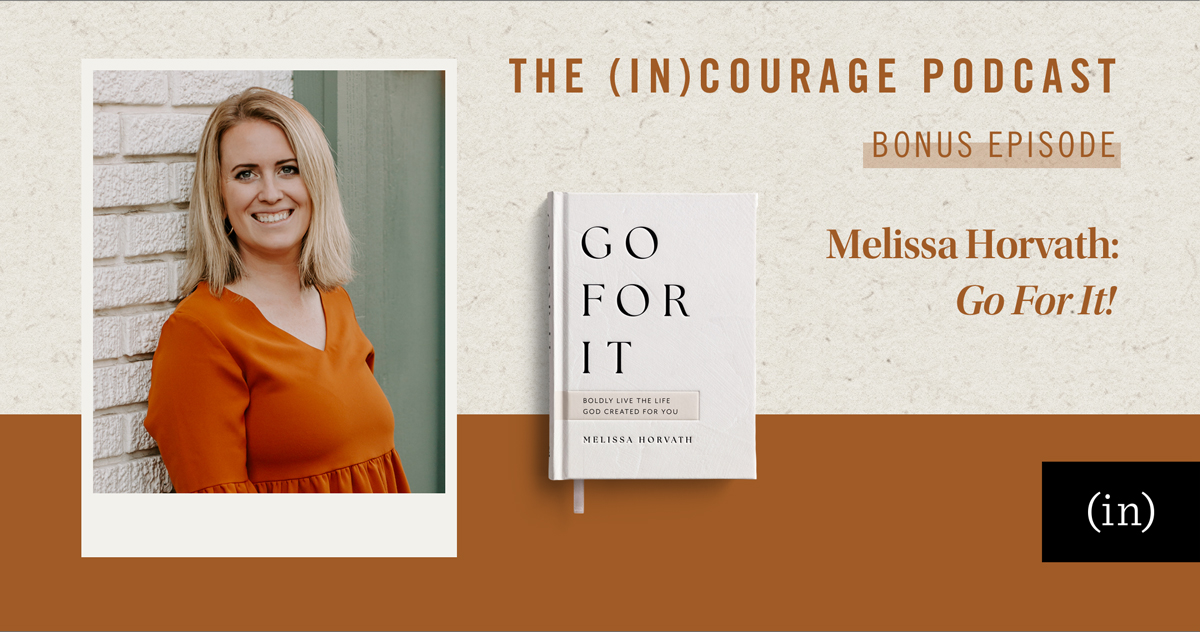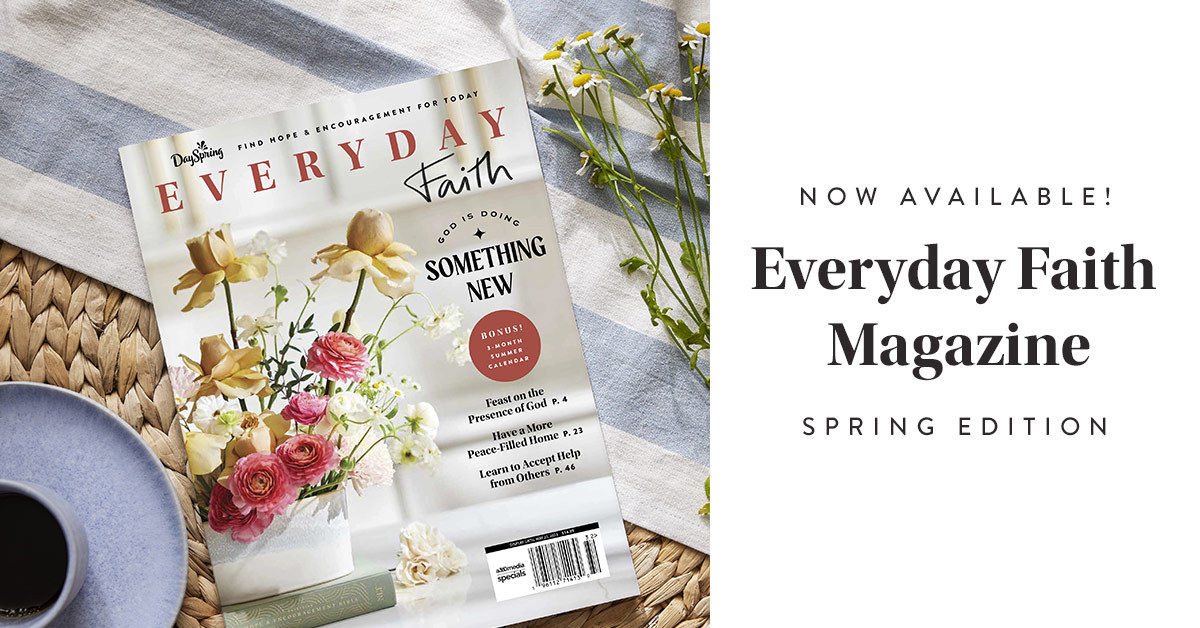Merciful and loving Father,
I come to You broken, open, and laid bare. You have searched me and stripped away everything that’s kept me from You, and I’m grateful. You have shown me my sin and reminded me of Your sacrifice for it, and I give You all my thanks. I don’t want to be proud, Lord; banish any remaining pride from my heart.
This is holy ground that You’ve allowed me to touch, God, and I don’t want to leave. I want to abide in You, to remain in Your presence, to turn away from anything that might come between us. Please keep me humble, Lord. Keep me watchful for the ways the world tries to distract me, and keep my eyes open for opportunities of service so I can display who You are to others. Protect my heart; remind me every day that You are God and I am not.
I don’t want to leave this season of Lent unchanged, Lord. I don’t want to return to my proud ways, my distracted days. I want to stay right here with You, with not one thing pulling me from You. Please help me stay in this posture, this mind-set, this holy communion with You forever.
In Jesus’ name I pray,
Amen.
Excerpt from Journey to the Cross: Forty Days to Prepare Your Heart for Easter by Mary Carver.
It’s not too late to have a meaningful Lenten season. Let us send you a FREE sampler from our Lenten devotional, Journey to the Cross! Journey to the Cross: Forty Days to Prepare Your Heart for Easter was written with women of all stages in mind so that we can all better experience the power and wonder of Easter with intentionality and depth. Also, join us daily in our Instagram stories for a brief passage, prayer, or Scripture from Journey to the Cross. We hope it will bless your Lenten season.
Get your FREE sampler from Journey to the Cross!
—
Today on the podcast — a bonus episode! Listen in as host Becky Keife has a conversation with Melissa Horvath, author of the Go For It! devotional. Listen at the player below, or wherever you stream podcasts.




